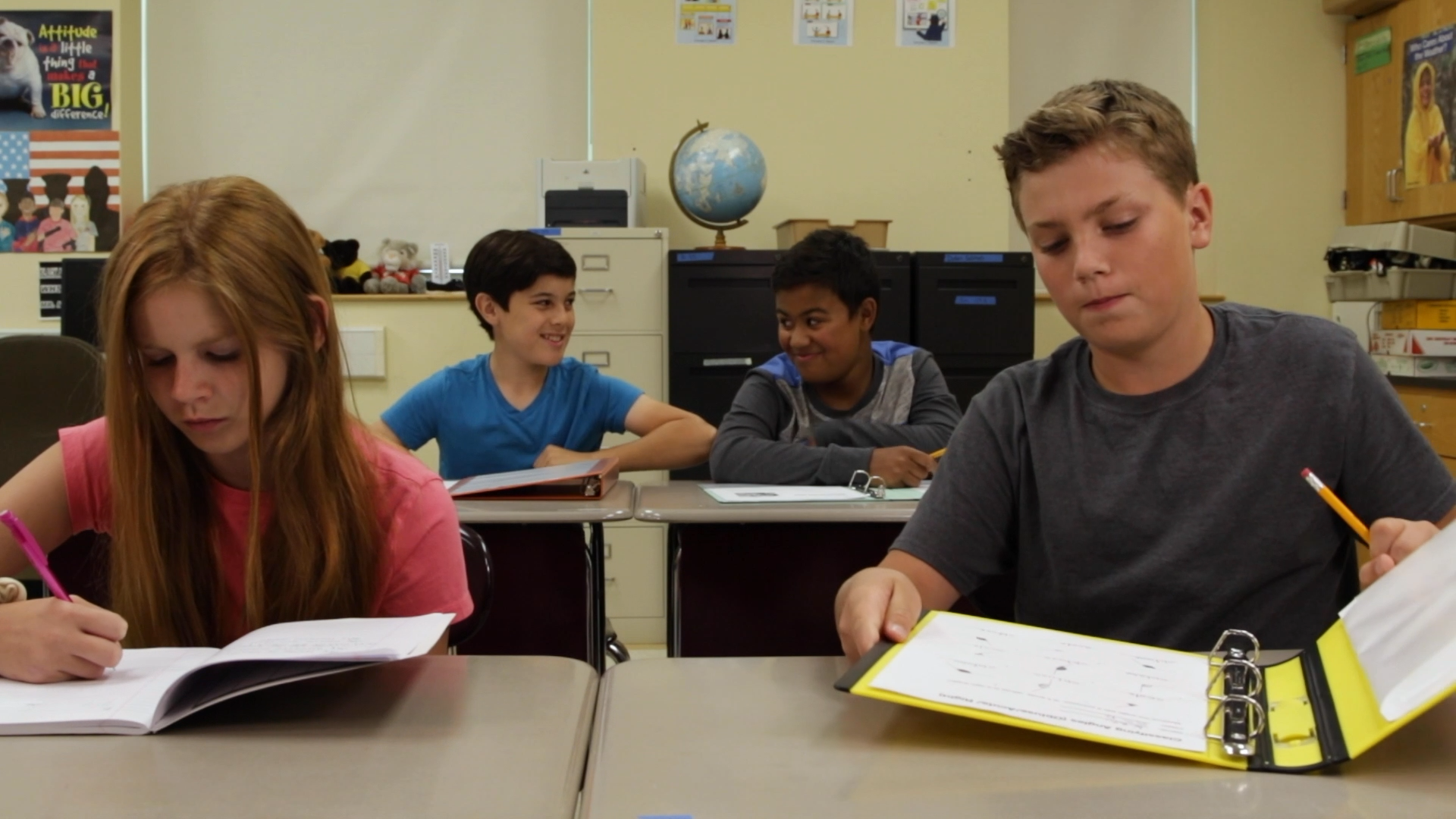
Introduction
Friendships play a crucial role in students’ lives, providing them with a sense of belonging and emotional support. However, it’s essential to recognize when a friend group is ganging up on someone, as this can lead to negative consequences for the targeted individual. In this blog post, we will explore the concept of ganging up, discuss an easy no-prep activity to promote healthy friendships, provide discussion questions, and mention related skills. Finally, we will encourage users to sign up for free sample materials at Everyday Speech.
No-Prep Activity: The Friendship Circle
This activity aims to help students recognize the importance of having friends who appreciate them for who they are and promote a positive classroom environment. Here’s how it works:
- Ask students to form a circle and take turns sharing something they appreciate about the person to their left.
- Encourage students to be specific in their compliments and focus on positive traits or actions.
- After everyone has shared, facilitate a brief discussion about how it felt to give and receive compliments.
- Remind students that good friends are supportive and kind to each other all the time, not just sometimes.
Discussion Questions
- What are some signs that a friend group is ganging up on someone? How can you tell if it’s happening to you or someone else?
- Why is it important to have friends who like you for who you are, rather than trying to change you or manipulate you?
- What can you do if you notice a friend group ganging up on someone? How can you support the targeted individual?
- How can educators and parents help students navigate situations where they are being ganged up on by their friend group?
- What are some strategies for building and maintaining healthy friendships in the classroom?
Related Skills
In addition to recognizing and addressing ganging up in friend groups, there are several other relevant skills for students to develop:
- Conflict resolution: Learning how to resolve disagreements and misunderstandings in a constructive manner.
- Empathy: Understanding and sharing the feelings of others, which can help prevent ganging up and promote positive relationships.
- Assertiveness: Standing up for oneself in a respectful and confident manner, including when faced with challenging situations in a friend group.
- Communication: Effectively expressing one’s thoughts and feelings to others, which can help prevent misunderstandings and strengthen friendships.
Next Steps
To further explore the topic of ganging up in friend groups and other related skills, we encourage you to sign up for free sample materials at Everyday Speech. These resources can help support your efforts in promoting healthy friendships and positive classroom dynamics for all students.

